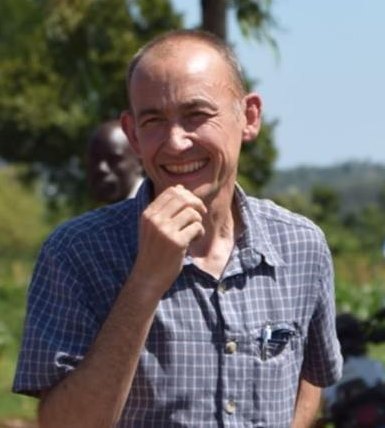
- This event has passed.
7th December: Understanding the nexus between water, sanitation and hygiene and solid waste management
December 7, 2022 @ 1:00 pm - 2:00 pm

Understanding the nexus between water, sanitation and hygiene and solid waste management: evidence from urban Ghana and Kenya
Jim Wright, GIS & International Development, University of Southampton
Wed 7th December, 13:00 – 14:00, LTA4 and streamed on Teams
This seminar is open to all staff, students and affiliates of the University of Stirling. The seminar is hosted by Biological and Environmental Sciences (BES).
Who this may appeal to: This talk will appeal across BES teaching and research areas, but may be of particular interest to those working or interested in environmental sustainability and human health, public health and geospatial studies.
Bio: Jim Wright is Professor of GIS and International Development and Deputy Head of School Research in the School of Geography and Environmental Science at the University of Southampton. He has longstanding interests in safe water access in Sub-Saharan Africa, supported via various projects funded by MRC, NERC, and the Royal Society. He has previously studied Ghana’s packaged water industry, zoonotic disease risk from livestock-human interactions at water points in rural Kenya, flood impacts on water safety and health service delivery, and groundwater management under Kenyan cities. Jim also has interests in using geospatial analysis of routine health management information systems data to inform public health planning in the region. In this seminar, he will present findings from the ongoing ESRC-funded Water and Waste project (https://waterandwaste.org/), which seeks to quantify and address nexus issues affecting water, sanitation, and household waste service delivery in Sub-Saharan cities.
Contact Information
Personal Website
Email